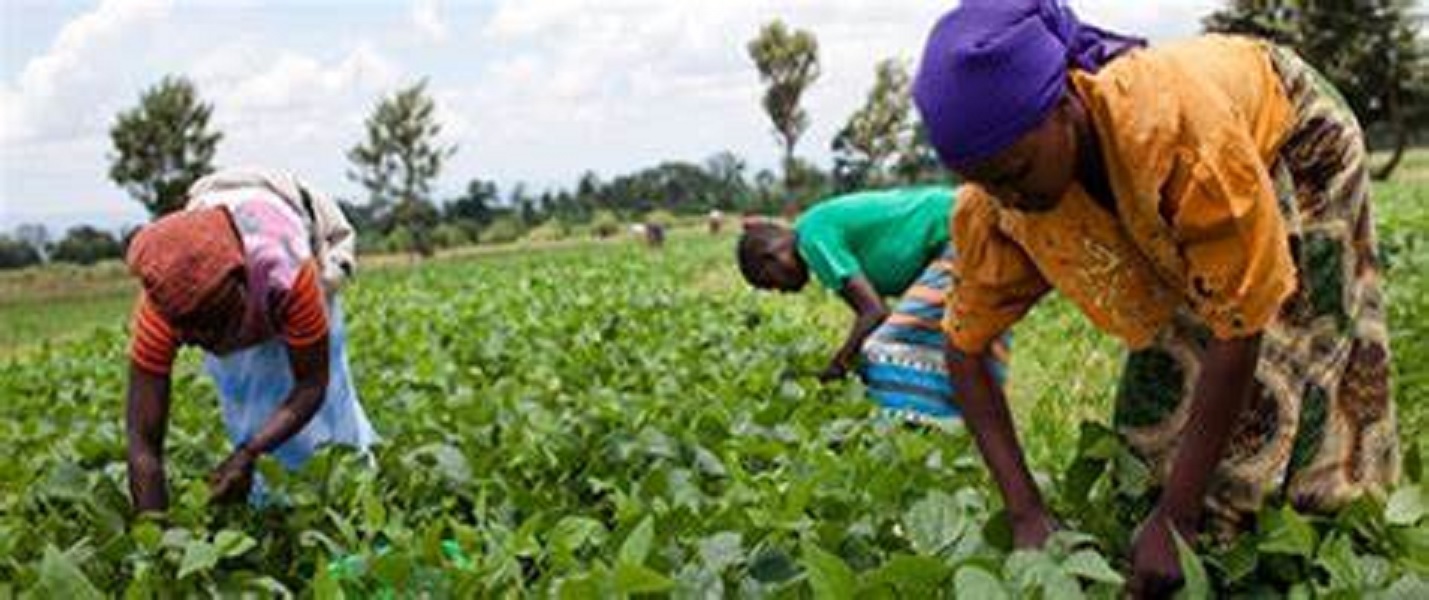The General Agriculture Workers Union (GAWU) has criticized government’s second phase of the Planting for Food and Jobs (PFJ) programme which seeks to provide jobs to more than 1.2 million farmers.
This follows the launch of the second phase of the programme on Monday which also announced an annual average of 210,000 new farm-related jobs which will exclude other jobs along the agricultural value chains estimated at an annual average of 420,000 over the same period.
According to the Union, government quest to increase jobs within the agricultural sector is unrealistic as the first phase of the programme launched in 2017 which promised more than 750,000 jobs were not sustainable.
He added that the jobs which government introduced in the first phase of the programme were informal and did not make any statutory deductions of salaries including the payment of Social Security and National Insurance Trust (SSNIT) contributions and income tax.
Consequently, the General Secretary noted that the Union is unfazed about the high-increase in the number of jobs the second programme intends to create.
“We should not celebrate policies and their intentions. We should celebrate policies and their outcomes. So, it is when the outcomes come that we need to celebrate. We should not celebrate an intention of a policy because we have been bitten not only once, twice but for many years”, he said.
Kareweh reiterated the Union’s call for government to intensify an alternative irrigation system which will reduce the dependency on rains to grow crops.
He cited the One Village, One Dam policy which seeks to improve the accessibility of water for farmers and expressed disappointment that most of the dams have dried up.
“The Pwalugu multi-purpose dam which came with a lot of pagentry and sod-cutting; today, what is the state of that particular project. Who is telling us what? Contractors have parked away. Work has stopped. No one is doing anything”, he added.
The General Secretary called on government to outline measures that will avoid the repetition of challenges which greeted the first policy.
Government first module of the PFJ programme was launched on April 19, 2017 with aims to promote food security and immediate availability of selected crops on the market and also provide jobs.
On Monday, 28th August 2023, President Nana Addo Dankwa Akufo-Addo, launched Phase Two of Government’s flagship programme on agriculture, “Planting for Food and Jobs,” at the University for Development Studies, in Tamale.
Focused on building on the successes of the initial programme, the second phase of the programme is a five-year master plan for the transformation of agriculture in Ghana with targeted at modernisation through the development of a selected commodity value chain, active private sector participation and job creation.

